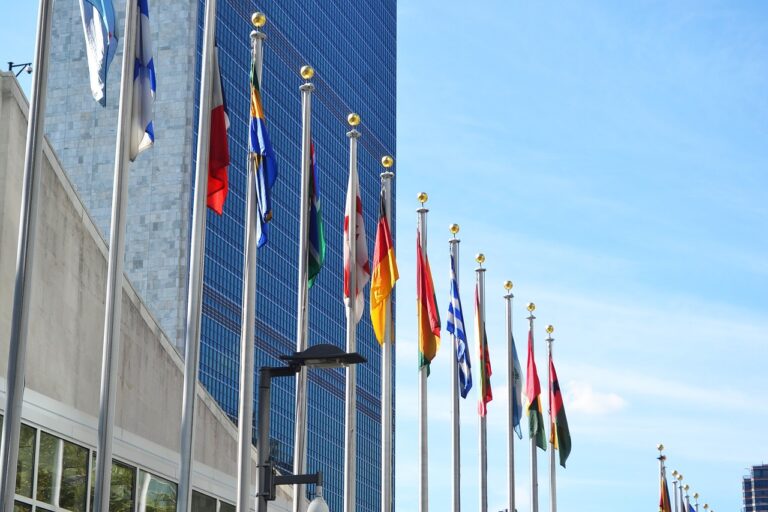The World Health Organization (WHO) is a United Nations agency that coordinates global health activities. It was created to improve global health and has 194 member states.
WHO headquarters are in Geneva, Switzerland, and its director-general is Tedros Adhanom Ghebreyesus, who took over from Dr. Margaret Chan in 2017.
Table of Contents
Why was the WHO established
The World Health Organization (WHO) was established in 1948, following the end of World War II.
The specific reasons behind its creation were to help countries achieve better health for all people and to help governments and health professionals work together to improve the health of people in member countries.
The WHO’s mission specifically is: “To coordinate international health activities, promote good governance in public health and provide evidence-based policy advice.”
How is the WHO governed
The WHO is governed by the World Health Assembly, which meets annually and consists of delegates from all member states. The Assembly elects the Director General to a five-year term.
The Executive Board oversees the work of the Secretariat and sets priorities for its technical activities. It also approves new global health strategies, policy guidelines, standards and budgets for them.
How does the WHO fight global health emergencies
The WHO is an important international organization that coordinates global health activities, helping governments research and develop medical products and vaccines. It sets standards for foods and drugs to ensure safety, aiming to control diseases such as AIDS, malaria, tuberculosis and the Covid pandemic.
The World Health Assembly (WHA) meets annually in Geneva, where delegates from member states debate resolutions on public health issues ranging from immunization coverage rates to smoking bans in public places.
What are the World Health Organization’s purposes
The following are some of the world health organization’s purposes.
1. The WHO determines public health policies, such as vaccination campaigns
The WHO is an important organization in global health. It determines public health policies, such as vaccination campaigns, designed to prevent disease and improve the quality of life for people worldwide.
The WHO has been influential since its inception when the United Nations created it to combat infections like smallpox and cholera that were ravaging populations during World War II.
2. It helps governments research and develop medical products and vaccines
The World Health Organization helps governments research and develop medical products, including vaccines.
It provides technical support for countries to develop their medical products if needed.
3. It sets standards for foods and drugs to ensure safety
The World Health Organization also sets standards for foods and drugs to ensure safety. WHO works with governments, industry, and civil society to develop these standards, including requirements such as certain chemicals or nutrients in specific amounts. It then monitors the safety of food and drugs by testing them using its laboratories or those of member states.
This organ ensures that these standards are implemented in countries through capacity-building activities such as training courses on how to implement quality control systems at the national level.
4. The WHO aims to control infectious diseases
The WHO strives to control diseases like AIDS, malaria, and tuberculosis. These are just a few of the many health issues that the WHO works to address. As a result, it’s an important organization for countries that need help dealing with public health problems such as these.
Why is the WHO so influential
The World Health Organization is an important organization in global healthcare systems and has been influential since its inception in 1948.
It sets standards for foods and drugs to ensure safety, fights global health emergencies like the Ebola outbreak in 2014, and coordinates research projects across countries.
The WHO also helps governments research and develop medical products like vaccines against diseases like AIDS or malaria or, more recently, the Covid pandemic.












